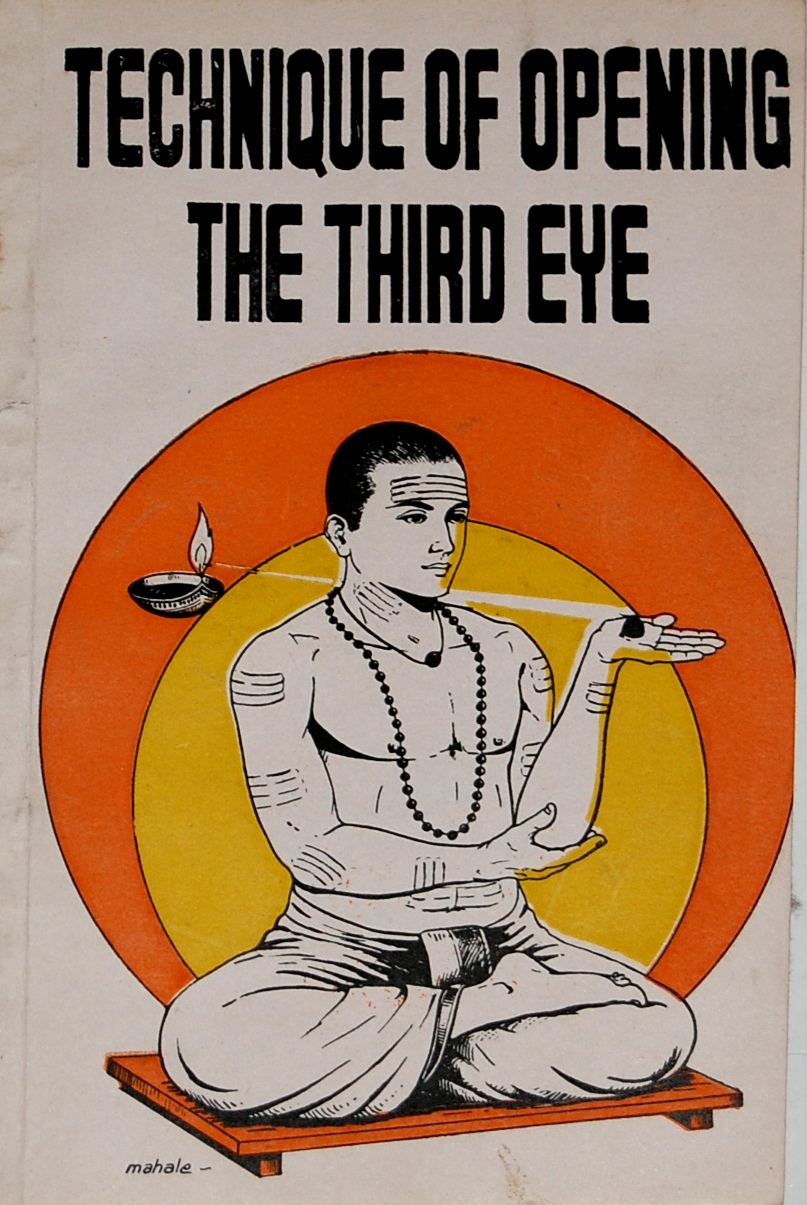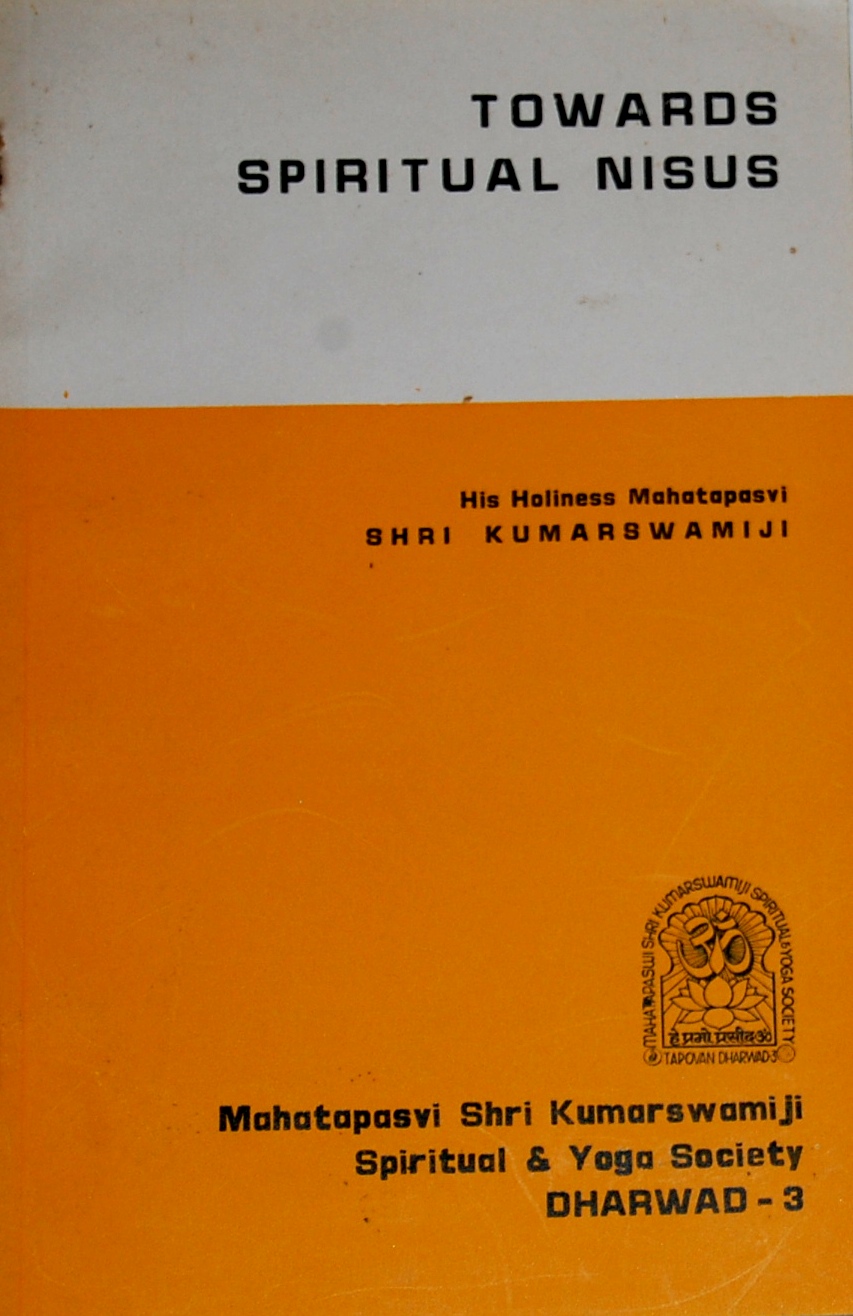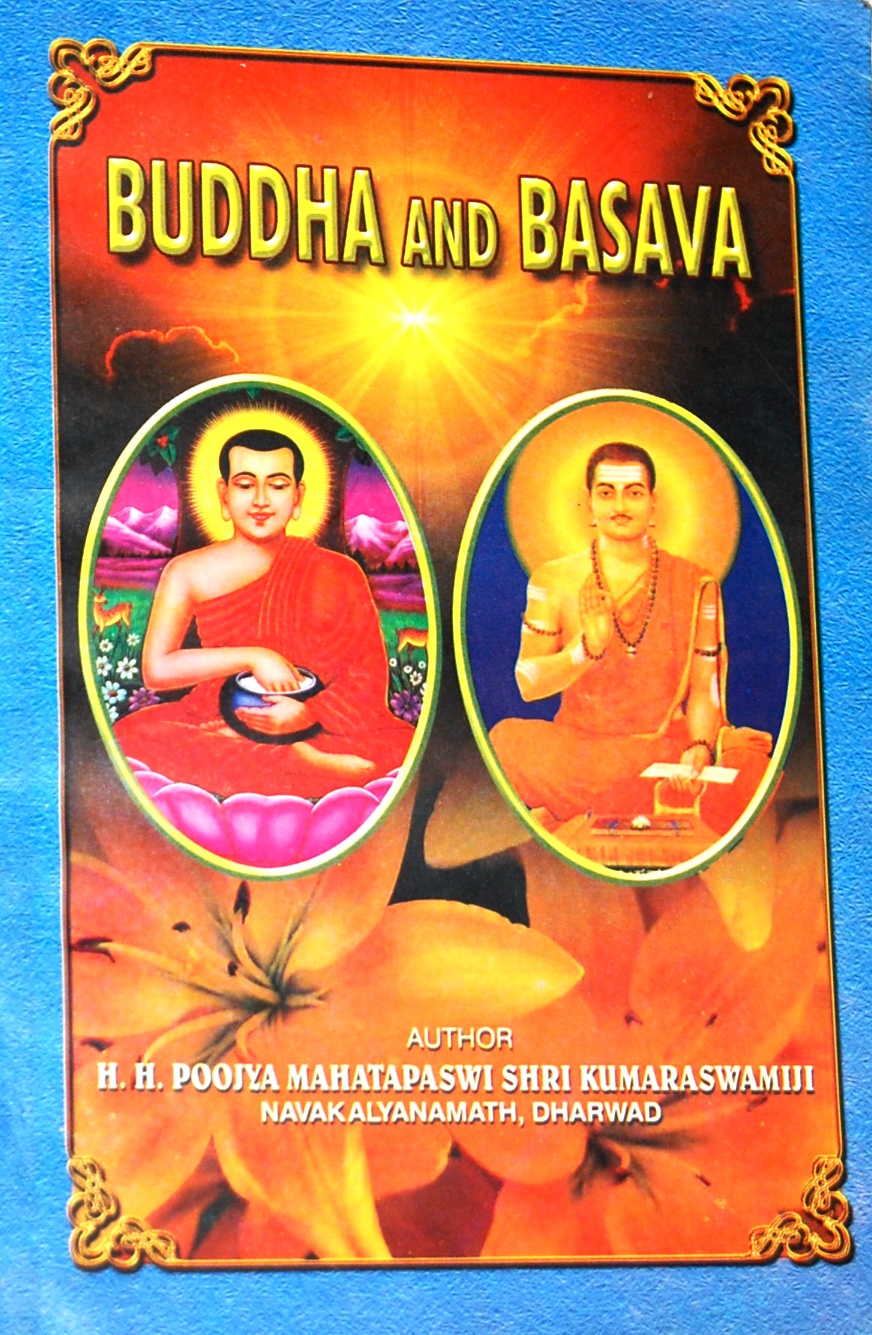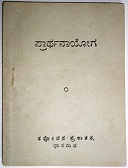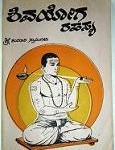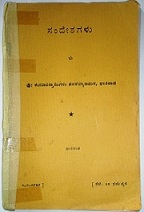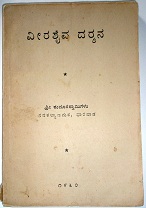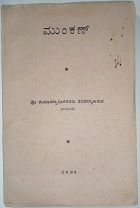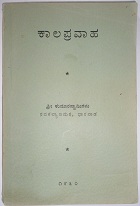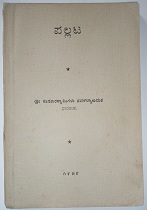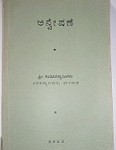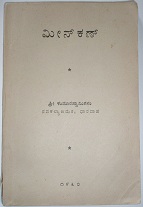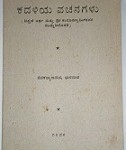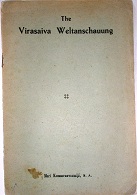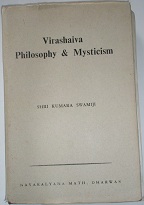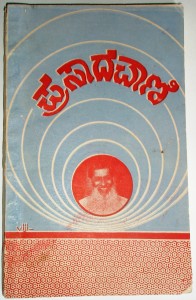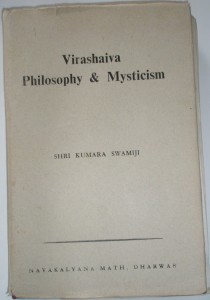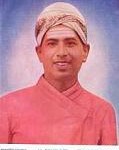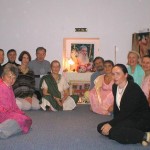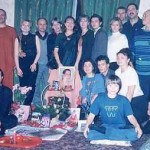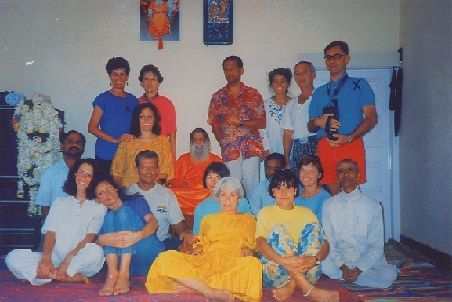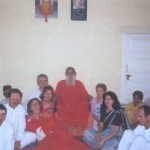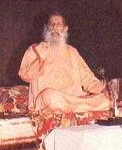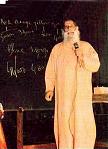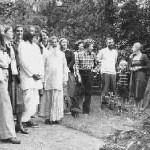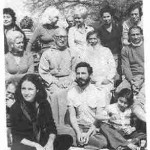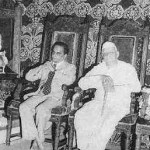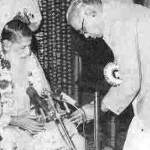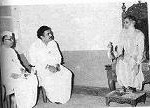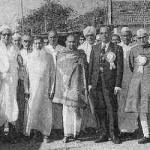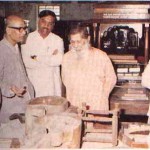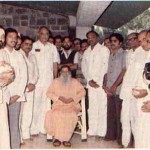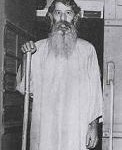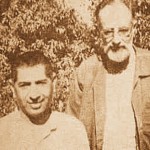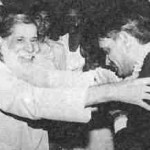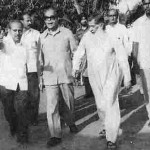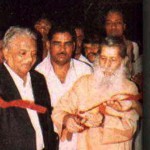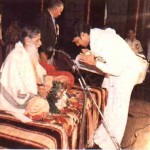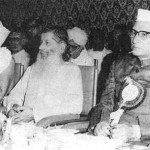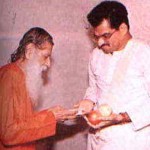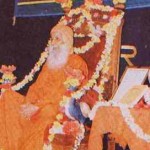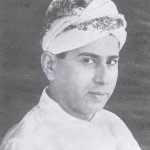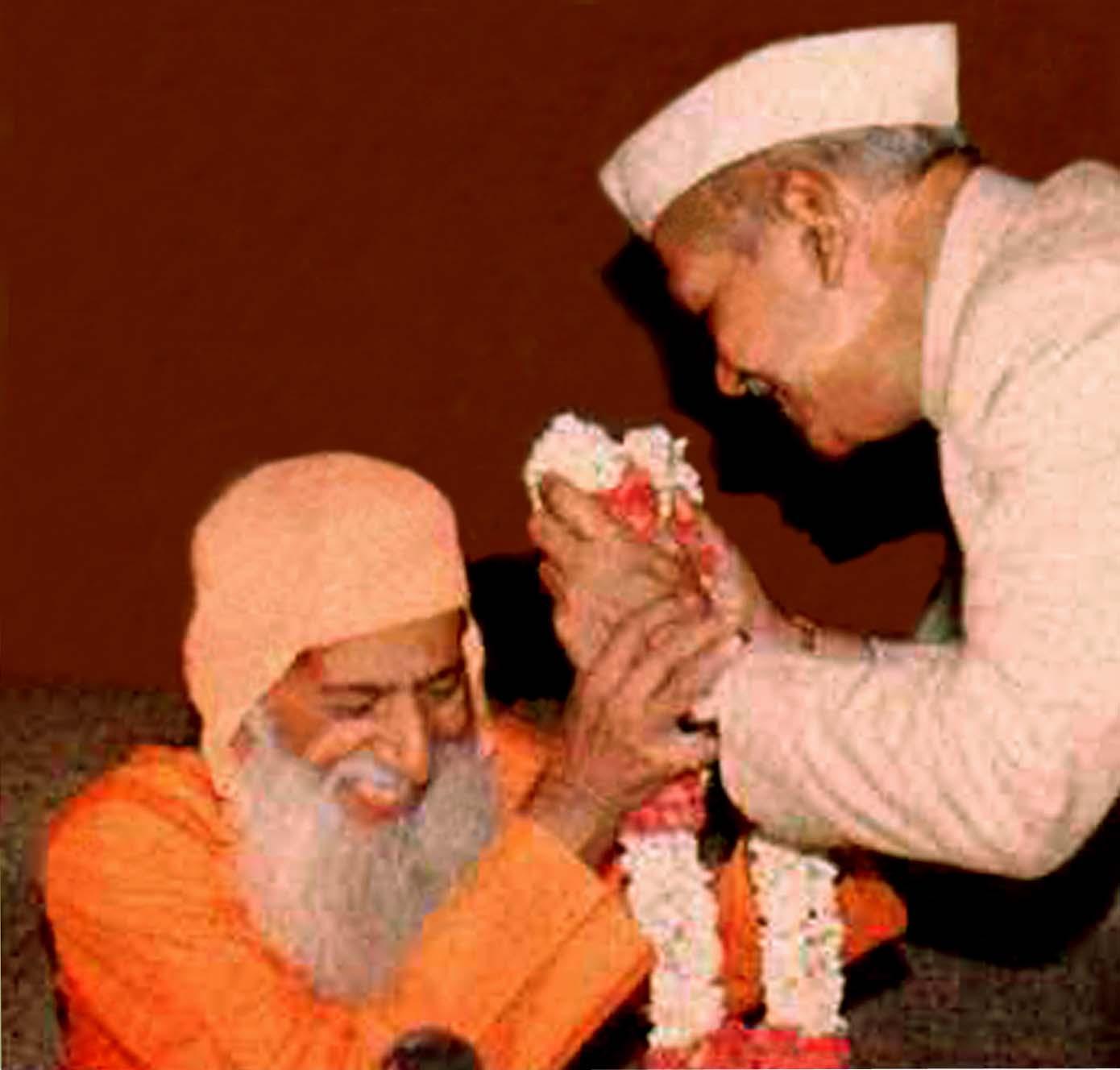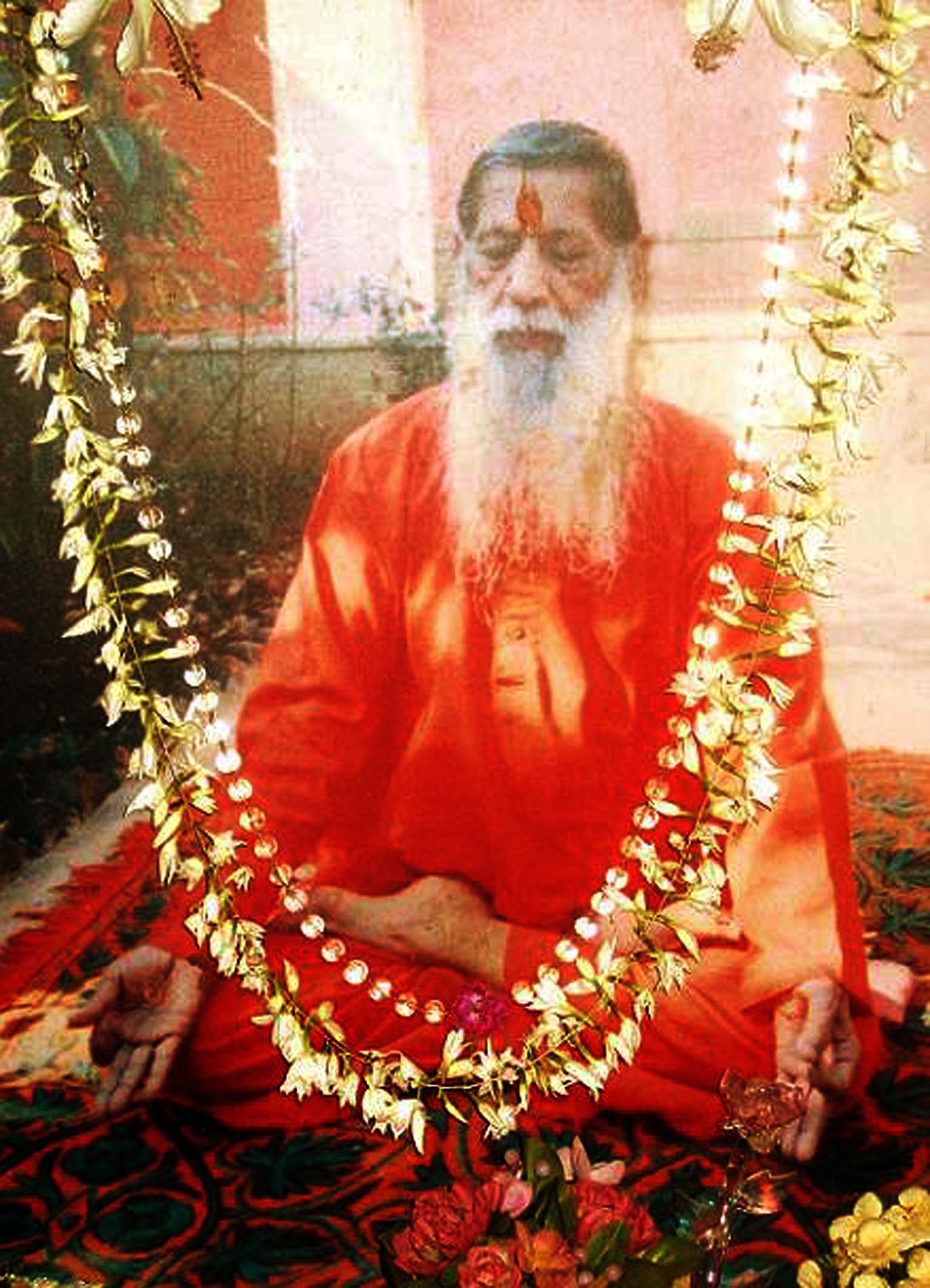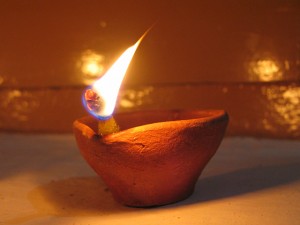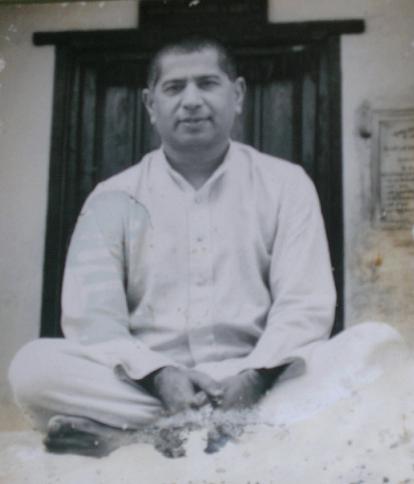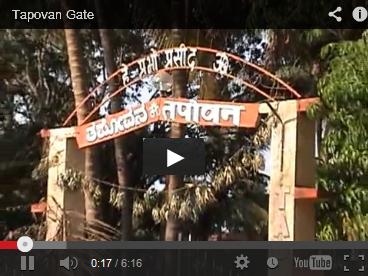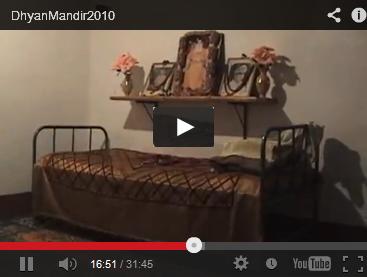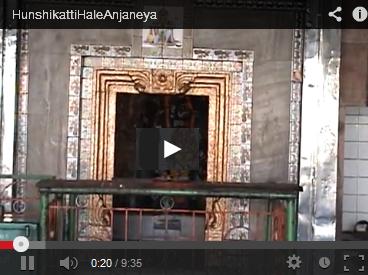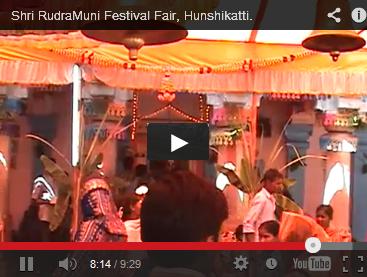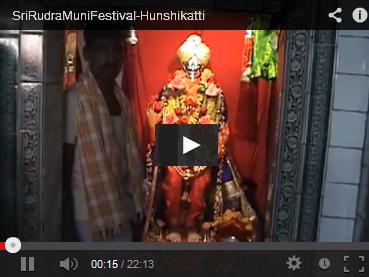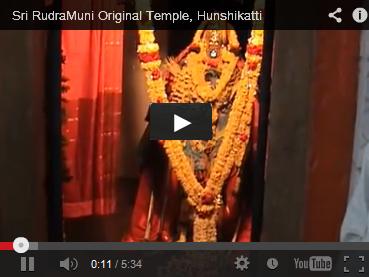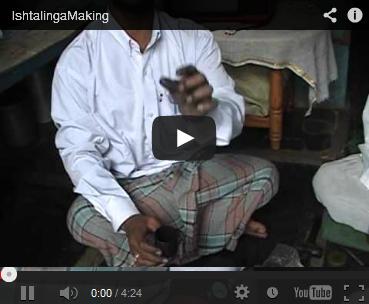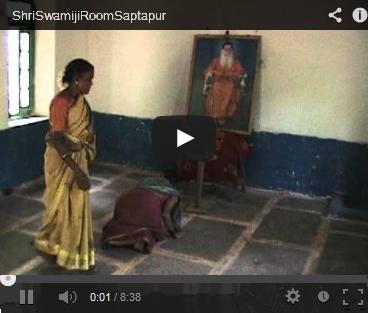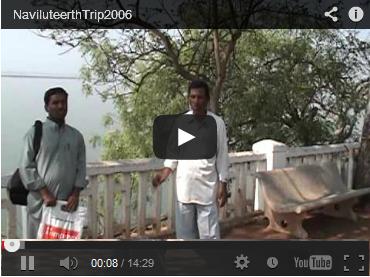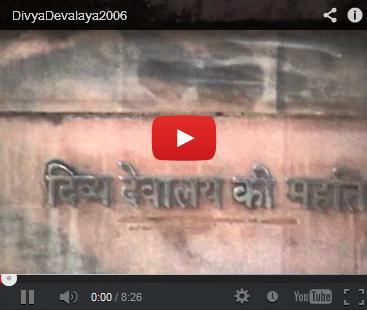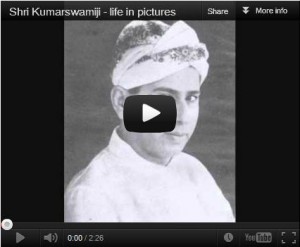The movement of reformation inaugurated by Basava had its far reaching effect upon the social life of the nation. So long as we view basava in the context of Virashaivism, we miss his personality and his profound teaching. Though he was born in Karnataka, he belonged to the whole of mankind for his heart relented for the poor and downtrodden everywhere. He taught us one of the main principles of democracy by saying that the roots of social life are embedded not in the cream of the society but in the scum of the society. It is his witty saying that the cow does not give milk to him who sits on its back, but it gives milk to him who squats at its feet. With his wide sympathy, he admitted high and low alike into his fold. This remarkable admission carried its influence far and wide and stirred the stagnant waters of the land. The caste system is the negation of democratic society. The Anubhava Mantapa established by Basava laid down the foundation of social democracy. A democratic society is the one in which all enjoy social rights and privileges without any barriers of class distinctions. Birth, wealth, caste or creed do not determine the status of man. This means faith in the dignity of man and the belief that a common man is as good a part of society as a man of status. Basava believed that man becomes great, not by his birth but by his worth to the society.
Basava flourished in the 12th century in Karnataka. He was a Prime Minister to king Bijjala who ruled from 1157 to 1167 over Kalyana, a city of historic importance. Basava was indeed a great prophet for in him we find the combination of rare qualities. He was a mystic by temperament, an idealist by choice, a statesman by profession, a man of letters by taste, a humanist by sympathy and a social reformer by conviction.
Basava strove hard to bring about reformation in Hinduism into which social evils had crept in. The social and cultural conflicts which had been going on in India from ancient days were stimulating a new foment within the Hindu society. At the time of Basava there were apologists who had been giving a new interpretation to the irrational religious practices and form of thought. But Basava with a courageous frankness acknowledged the prevailing evils of the Hindu society and suggested ways and means to create a new orientation.
A genuine reformer appears once in a millennium. He appears to review the past history of our social conditions and to set them in a new order. His task is not one of a revolution, but of re-adjustment.
The movement of reformation inaugurated by Basava had its far reaching effect upon the social life of the nation. So long as we view basava in the context of Virashaivism, we miss his personality and his profound teaching. Though he was born in Karnataka, he belonged to the whole of mankind for his heart relented for the poor and downtrodden everywhere. He taught us one of the main principles of democracy by saying that the roots of social life are embedded not in the cream of the society but in the scum of the society. It is his witty saying that the cow does not give milk to him who sits on its back, but it gives milk to him who squats at its feet. With his wide sympathy, he admitted high and low alike into his fold. This remarkable admission carried its influence far and wide and stirred the stagnant waters of the land. The caste system is the negation of democratic society. The Anubhava Mantapa established by Basava laid down the foundation of social democracy. A democratic society is the one in which all enjoy social rights and privileges without any barriers of class distinctions. Birth, wealth, caste or creed do not determine the status of man. This means faith in the dignity of man and the belief that a common man is as good a part of society as a man of status. Basava believed that man becomes great, not by his birth but by his worth to the society.
Basava raised the cry of revolt against the static form of society. He proclaimed that all members of the state are labourers, some may be intellectual labourers and others may be manual labourers. He placed practice before precept and his own life was of rigid rectitude. Basava brought home to his countrymen the lesson of self-purification. He raised the moral level of the public life in the country and he insisted that the same rules of conduct applied to the administrators as to the individual members of the society.
Basava taught the dignity of manual labour by insisting on work as worship. Every kind of manual labour, that was looked down by the so called high caste persons, was looked upon with love and reverence. Thus arts and crafts flourished and a new foundation was laid down in the history of the economics of the land.
Basava formed peoples’ committes representing various vocations such as agriculture, horticulture, tailoring, weaving, dying, carpentry etc. All vocations were regarded as of equal value and the members belonged to all sorts of vocations. Thus Jedara Dasimayya was a weaver, Shankar Dasimayya a tailor, Madival Machayya a washerman, Myadar Ketayya a basket-maker, Kinnari Bommayya a goldsmith, Vakkalmuddayya a farmer, Hadap Appanna a barber, Jedar Madanna a soldier, Ganada Kannappa an oilman, Dohar Kakkayya a tanner, Mydar Channayya a cobbler and Ambigara Chowdayya a ferryman. There were members of the fair sex such as Satyakka, Ramavve, Somavve with their respective vocations. The curious thing was that all these and many more have sung the vachanas (sayings) regarding their vocations in a very suggestive imagery.
The Times of India in its issue dated 17th May 1918 paid a glowing tribute to Basava:«It was the distinctive feature of his mission that while illustrious religious and social reformers in India before him had each laid his emphasis on one or other items of religion and social reform, either subordinating more or less other items to it or ignoring them altogether, Basava sketched and boldly tried to work out a large and comprehensive programme of social reform with the elevation and independence of womanhood as its guiding point. Neither social conferences which are usually held in these days in several parts of India, nor Indian social reformers, can improve upon that programme as to the essentials. The present day social reformer in India is but speaking the language and seeking to enforce the mind of Basava. »
The movement initiated by Basava through Anubhava Mantapa became the basis of religion of love and faith. It gave raise to a system of ethics and education at once simple and exalted. It inspired ideals of social and religious freedom, such as no previous faith of India had done. In the medieval age which was characterized by inter communal jealousy, it helped to shed a ray of light and faith on the homes and hearts of people. It rendered the Hindu religion all embracing in its sympathy, catholic in its outlook, a perennial fountain of delight and inspiration. The movement gave a literature of considerable value in the vernacular language of the country, the literature which attained the dignity of a classical tongue. It eliminated the barriers of caste and removed untouchability. It raised the untouchable equal to that of the high born. It gave sanctity to the family relations and raised the status of womanhood. It undermined the importance of rites and rituals, of fasts and pilgrimages. It encouraged learning and contemplation on God by means of love and faith. It deplored the excesses of polytheism and developed the plan of monotheism. It tended in may ways to raise the nation generally to a higher level of capacity both in thought and action.
This article – ‘Mahatma Basaveshwar’ – is taken from H.H.Mahatapasvi Shri Kumarswamiji-s book, ‘Prophets of Veerashaivism’.








